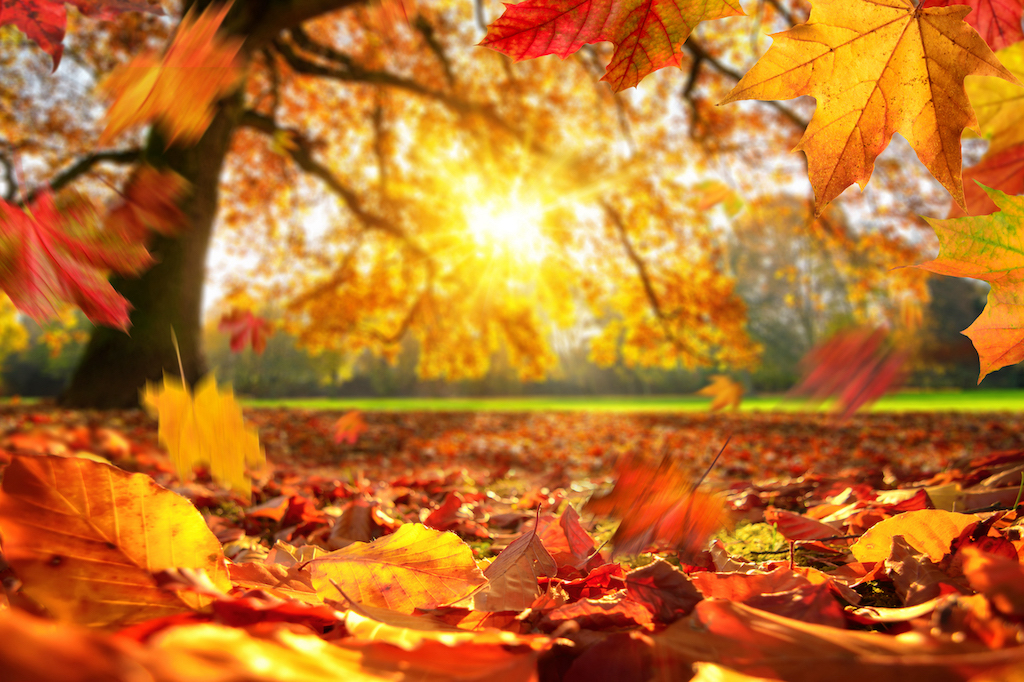The other day, I came across an advertisement for a book written by a psychologist claiming to have figured out how to solve all the ills of humankind. To learn the secret, all you have to do is purchase his book, numerous videos and subscribe to his newsletters. Not surprisingly, he added the caveat that it would take generations for these problems to disappear, so no one should expect to see results during their lifetime.
Talk about an escape hatch! Sadly, he must have found enough people to purchase what he was peddling to make it profitable.
It’s part of the human condition to believe that we are in control of all that happens. We seek answers, plan for eventualities, arm ourselves with tools to accomplish what has been known as the “American dream.”
But for people of faith, that so-called dream is short-lived, and can take us only so far. We are re- minded of this on a regular basis, particularly when the readings at Mass turn to the end times. The purpose is not to frighten us, but to help us gain a right perspective, keeping in mind that everything in life is passing away.
As Jesus reminded us, “Heaven and earth will pass away, but My words will never pass away” (Mt 24:35). Perhaps there’s no better visible symbol of this than the changes that occur in nature during autumn. As leaves change colors and eventually fall and die, so we will all die one day.
As difficult as it is to lose someone we love to death, Christians know that death is not the end, but only a transition to a new type of existence. Nevertheless, the way we live every day of our life will make a real difference in what life after death will be like.
It’s a sobering thought, prompting the words of St. John of the Cross who wrote, “At the end of our life, we will be judged by the way we love.”
To help us better understand how to live, Jesus told parables that are relevant for people from all walks of life – young and old, wise and foolish, rich and poor. His teachings included stories about farmers, bridesmaids, land-owners, a priest, a levy and a good Samaritan. The narratives involved people in debt and people who were wealthy. The son of God cited examples from the flowers of the field, birds of the air, and weeds and wheat.
But one of the most assuring stories is the one about the welcoming father who ran out to meet his prodigal son. It’s the father’s mercy and the compassion of Jesus to which people of faith cling. And yet, lest we sin by presumption, God’s justice also made its way into the stories that Jesus told.
Storytelling and story listening have always been part of the faith journey, so it’s no surprise that the desert fathers took up the mantle. The story is told about the desert father who was approached by a young seeker who said, “Father, I keep my rule, I eat very little, I pray and I am silent. I work with my hands, I share my bread with the poor and I purify my heart. What more can I do?” Then the abba raised his hands and said, “You can become a living flame.”
Becoming a living flame is less complicated than it may seem, for all who have been baptized and anointed with the Spirit have already been recipients of divine fire. However, unlike the flowers of the field or the birds of the air, we can choose life or death — an awesome choice, but not an impossible one.
We can wait until our fragile life begins to slip from our grasp, and then with nothing to lose, let go and fall into life. We can live by the energy of our own pale light and grow increasingly cold, or like Sts. Therese of Lisieux, Francis of Assisi, Teresa of Avila or John Paul II, whose feasts we celebrate this month, we can cast ourselves into the fire of God’s love.
That fire already exists within us; we need only allow it to penetrate and draw us peacefully into the heart of God. To be drawn peacefully is not to imagine it will be easy or painless. It is, after all, the way of the cross.
Yet, if we believe that we have been baptized with the fire of the Holy Spirit, every word and deed that we unite with the fire of God’s love is capable of transforming us into living flames that can ultimately transform our world.
Barbara Hughes is an author, retreat facilitator and spiritual guide. She lives in Virginia Beach and can be reached at [email protected].

